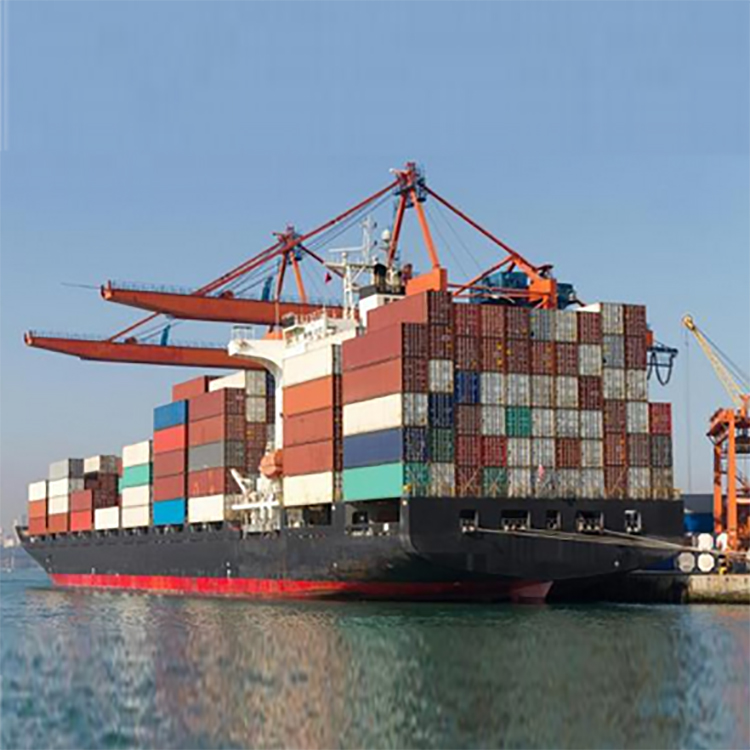The record profitability of the container shipping sector continued to grow in Q2 hitting an estimated $63.7bn in the second quarter of 2022, according to Blue Alpha Capital.
The latest edition of the McCown Container Report takes the results of public-listed container lines in Q2, approximately two-thirds of capacity, and extrapolates these to the sector as a whole.
The estimated figure of $63.7bn for Q2 is 123% higher than the $28.6bn recording in Q2 2021, and $5bn than the preceding quarter this year. It is the seventh straight quarter of record earnings for a sector a that for much of the previous two decades had struggled to even make a return on capital.
With the profitability numbers continuing to rise, John McCown, founder of Blue Alpha Capital, has upped his full year forecast for the sector to $245bn having started the year with $220.5bn estimate for full year earnings. The $245bn forecast for 2022 is 65% higher than $148bn in 2021.
However, with forecast of global container volumes contracting, falling spot rates, and fleet growth, the question is increasingly whether profit levels for container shipping have peaked, and how steep the fall off will be when it comes.
On the volume side figures from Container Trade Statistics (CTS) showed a 1.6% drop in Q2 2022 volumes from its members – top container lines – from the same quarter in 2021. However, McCown also notes that worldwide loaded container volumes in Q2 this year were 45.3m teu up 6.4% on the preceding quarter.
There are variety of different spot rates measurements for container shipping – the bellweather Shanghai Containerised Freight Index (SCFI) was 3,472 points in August down from 4,040 points in the previous month, and a record high of 5,051 in January this year. The index is still multiple times higher than the 1,160 points recording in August 2020.
On the supply side the newbuilding orderbook is almost 30% of vessel slot capacity currently on the water, however, McCown notes that capacity above replacement will not be delivered until late 2023 onwards.
On the basis of a $245bn forecast for 2022 as whole McCown sees second half profit being $122.6bn very marginally higher than $122.4bn in H1, with Q3 expected to be as good as or slightly better than Q2.
“Much is already baked in for the 2022 financial results and concern on the impact of the orderbook is overdone when the form of new capacity is examined,” McCown said.
